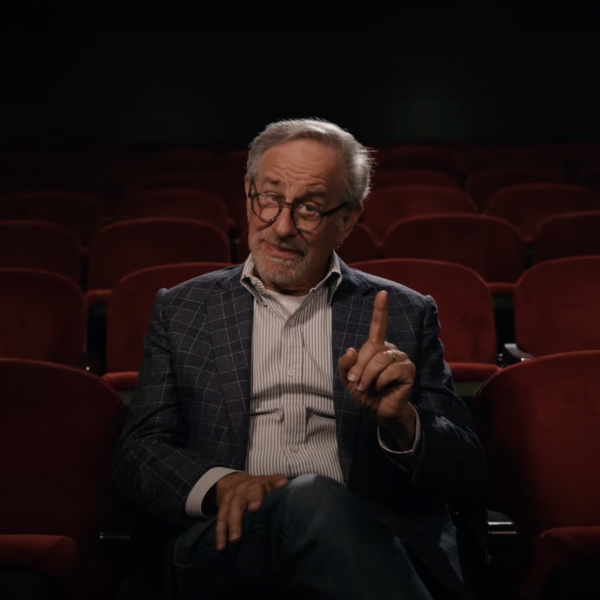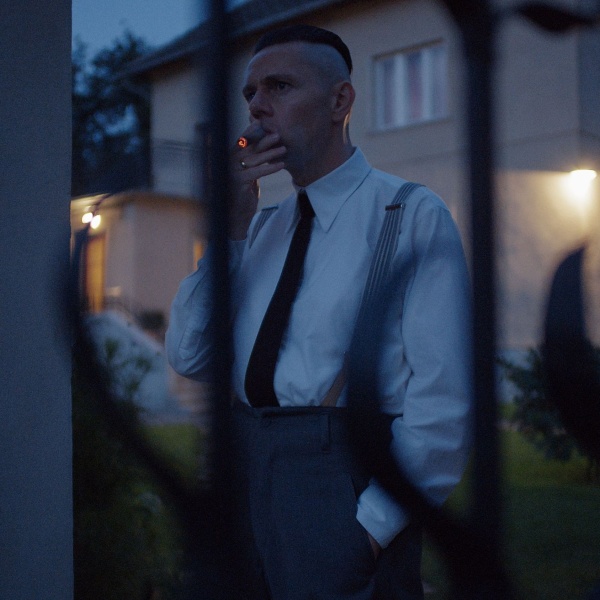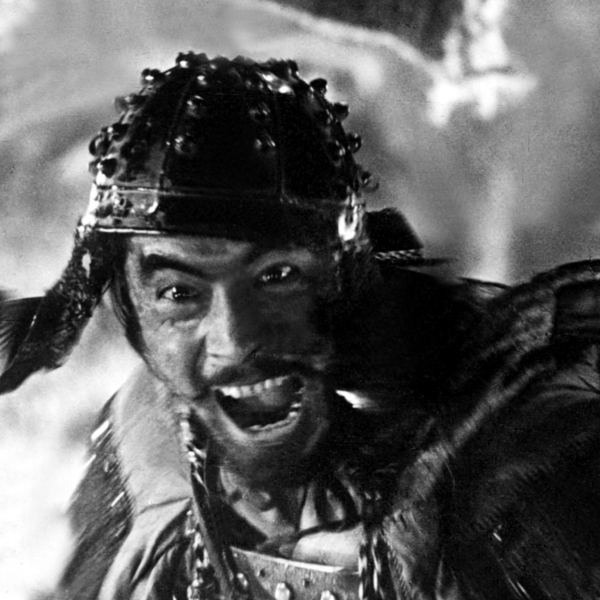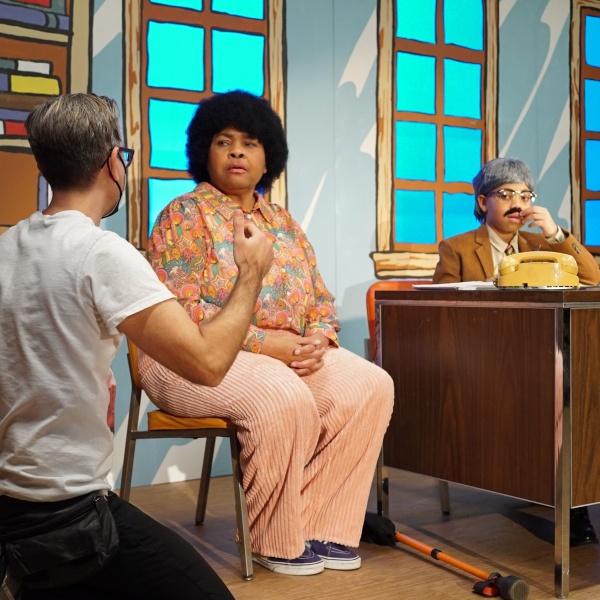
In the first sequence of “Mother Mother” a herd of camels cry out in the dark. Their guttural sounds are their own kind of haunting music as we are drawn into the world of two camel herders in rural Somalia: widow and force-of-nature Qalifo and loyal only son Asa (newcomers Maan Youssouf Ahmed and Elmi Rashid Elmi).
Written and directed by Somali-Canadian hip hop artist K’naan Warsame, the film is a slowburn drama, observational in its visual footprint and spare in its narrative tendencies. At the same time the film — which bills itself as “the first Somali film produced by a major Hollywood studio” — is replete with bursts of cinematic energy that keep one curious.
Shot entirely on location in Kenya and the autonomously-run Somali region of Puntland, Warsame’s collaboration with “City of God” and “The Constant Gardener” (also shot in Kenya) cinematographer César Charlone is a get that, mostly, elevates the film. Although at times the visuals distract more than they reveal. On the whole “Mother Mother” adds up to a thoughtfully rendered and quietly assertive debut that endears us to a protagonist more often seen only in the background and now occupying its center.
I’ll be honest: I wasn’t initially excited to screen “Mother Mother.” The still photo representing the movie with its deep browns and the mixture of longing and grief on the protagonist’s face are compelling to be sure but also made me wonder: is this just more “poverty porn” about the African continent, another “tradition versus modernity” themed story that’s been done to death? Warsame’s description of the film as being “about the Somali mother…when life is tough, they just get tougher” when introducing the film at TIFF also worried me: is this another one-dimensional story about strong women made by a man?
But my initial hesitancy faded quickly as the film unfolded, particularly once its inciting incident — that quite honestly you don’t see coming – accelerates the film into a more urgent tonal register. Qalifo in the purest sense of the word is a strong woman, physically agile from her days of constant movement from one task to another on the farm. Hell, she’s an actual superwoman as we see her go from milking camels, to weaving intricate, colorful baskets from raw materials to killing a large insect. Her interiority comes out in her verbal spars with her son. She doesn’t spare Asad’s feelings and speaks her mind seemingly with no filter, but underneath her devotion to him and her love of the land they steward is clear.
One senses right away the tensions simmering between a mother and son who rely heavily upon one another in their tight corner of the world. The first third of the film is a slow burn where we’re meant to arrive and immerse ourselves in this pastoral terrain. There’s a vérité quality present as we watch them tend to repetitive and physically demanding work of tending to the camels and all the rudimentary tasks required to take care of a property where no other houses are anywhere in sight. Charlone shoots primarily with handheld, emblematic of the documentary style that has come to be associated with his aesthetic. With a steady stream of extreme close ups that punch in and in, the visuals come at you more than they reveal themselves to you. Wide shots are intercut with tight overexposed close ups where the actor is in profile and the sandy colored earth around them is blown out to white. The back and forth feels distracting rather than revealing at times, a showy move that feels out of step with the overall mise-en-scene. And once Asad’s trajectory takes a dark turn, Ahmed’s performance as Qalifo starts to feel less nuanced and more one note. We search her face for deeper, or at least more varied expression that matches the poignant trajectory of the story.
Warsame first entered the spotlight as a hip hop artist known for poetic and politically aware music. In recent years he has also had a career writing for television (“Castle Rock,” “Extrapolations”). And his affinity for music shows in the placement of the scoring from composer Isobel Waller-Bridge, which consistently hits its mark, heightening the cinematic tension at just the right moments.
The most fascinating question “Mother Mother” raises has to do with the meaning of justice. It mines the civic and cultural traditions of the Puntland region of northeastern Somalia to offer up a version of restorative justice. Puntland is self-governing with its own government, judicial system, and policing that operates autonomously while still being part of Somalia’s republic. The particular conception of justice and enforcement of its customs in the region is one where communities make collaborative decisions empowering individuals to come up with less than obvious consequences for unfortunately all too commonplace crimes like homicide. Qalifo’s creative solution in the case of her son becomes a regional cause célèbre that goes viral in the U.S. and Somalia eventually getting her an invitation to meet with the president of Somalia. Warsame intentionally leaves room for interpretation in terms of where to lay blame for the crime committed against her son, resisting the easy pointing of fingers, and this choice resonates in the wake of our current cultural reconsideration of policing and incarceration today.
By the end of “Mother Mother” it dawned on me that this is precisely the kind of movie I come to TIFF for, a real voice that disabuses me of my assumptions, and my cynicism from the pain of watching so many movies that erase and belittle the Qalifas of the world. A movie that sends me back out into the light of day wondering.
Grade: B+
“Mother, Mother” premiered at the 2024 Toronto International Film Festival. It is currently seeking U.S. distribution.
Want to stay up to date on IndieWire’s film reviews and critical thoughts? Subscribe here to our newly launched newsletter, In Review by David Ehrlich, in which our Chief Film Critic and Head Reviews Editor rounds up the best reviews, streaming picks, and offers some new musings, all only available to subscribers.








